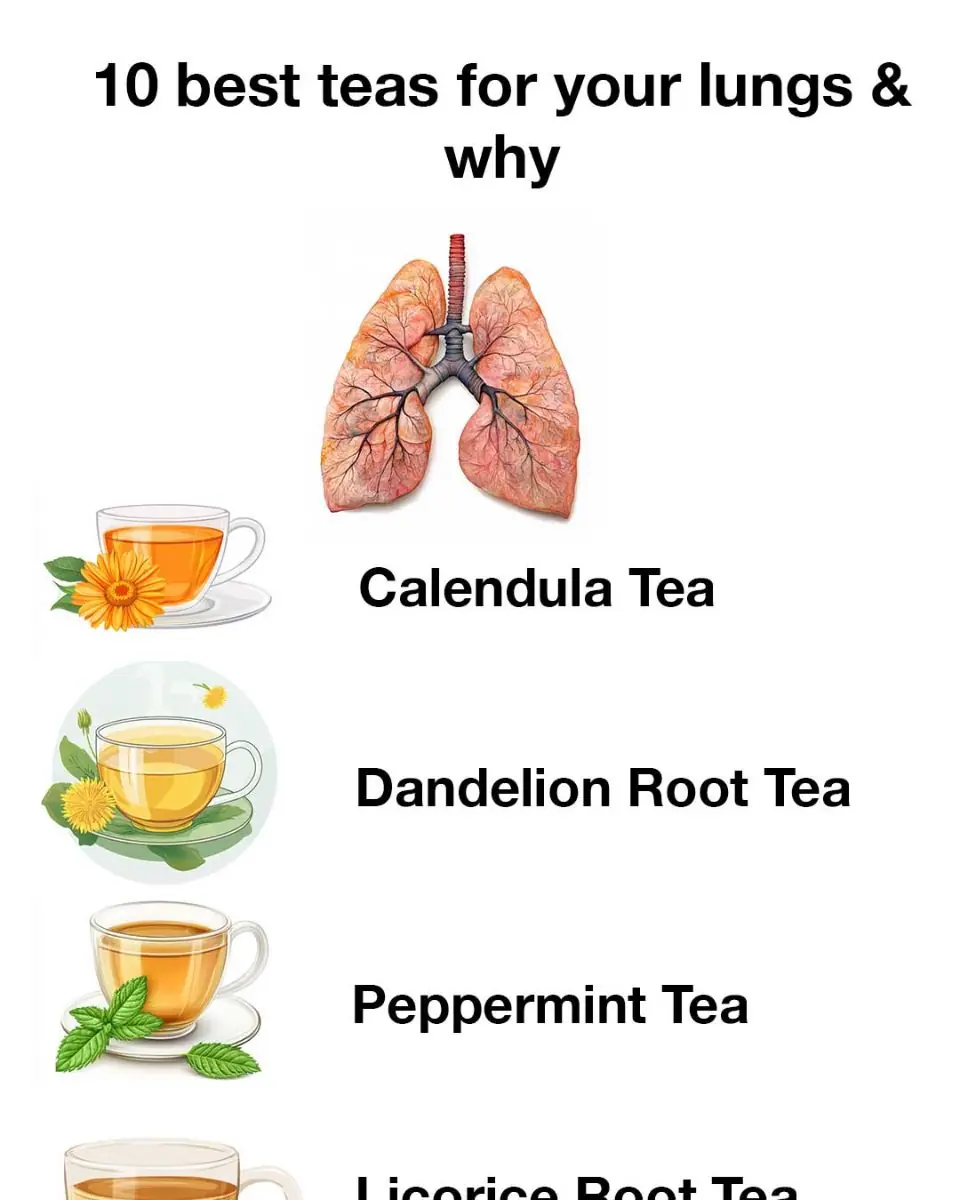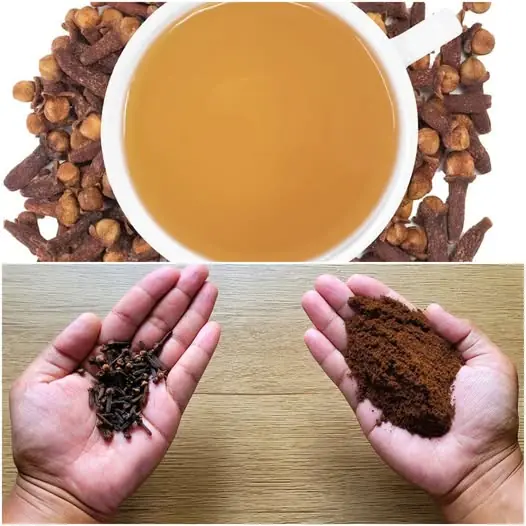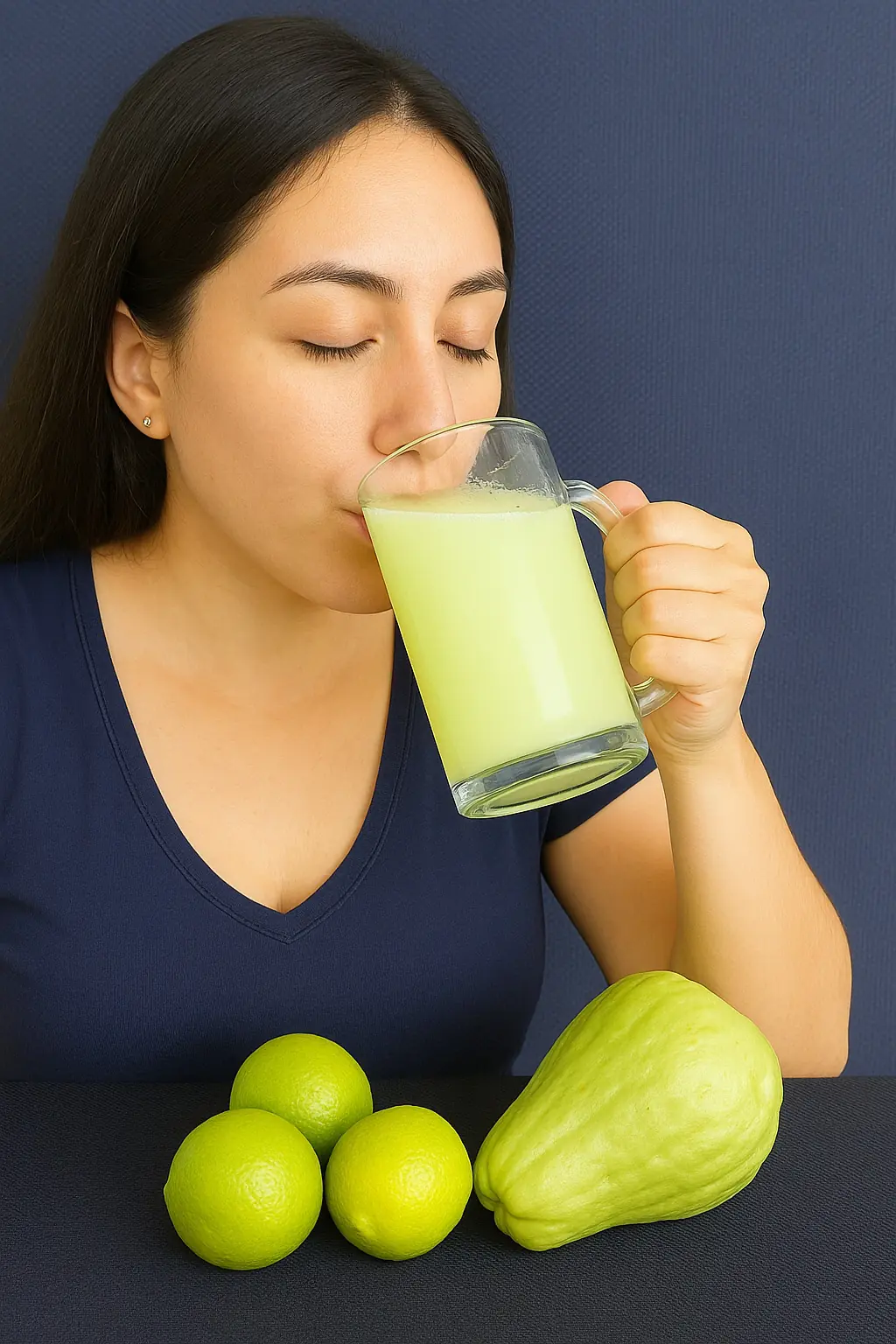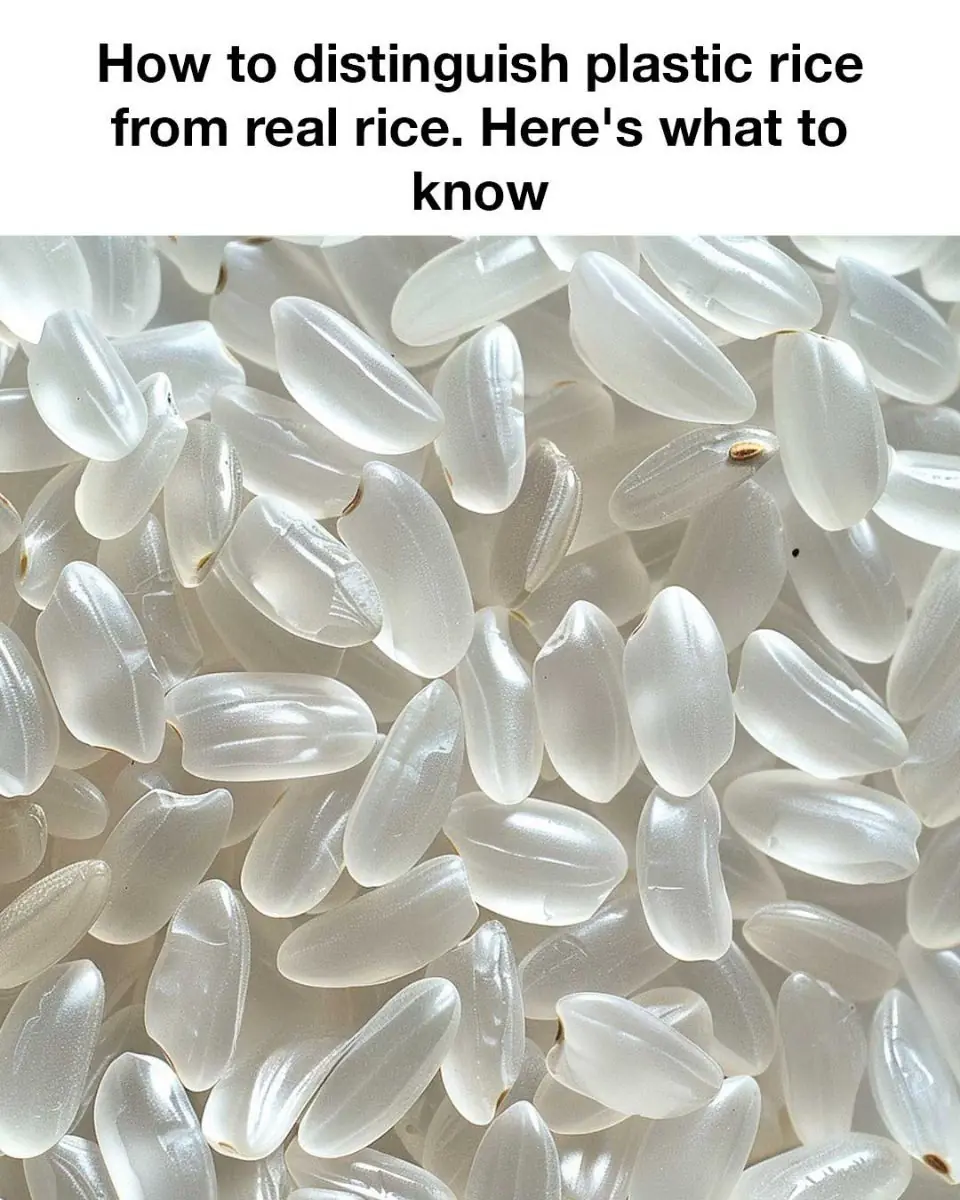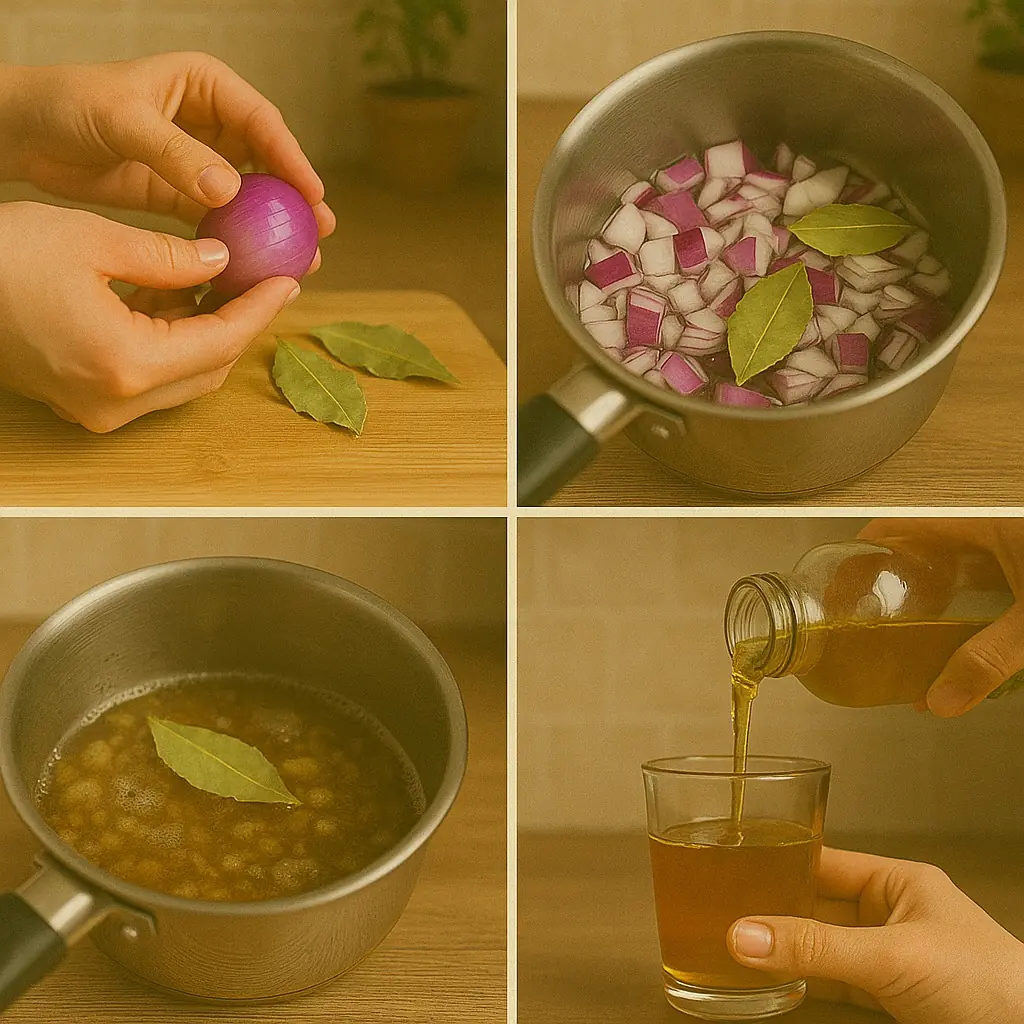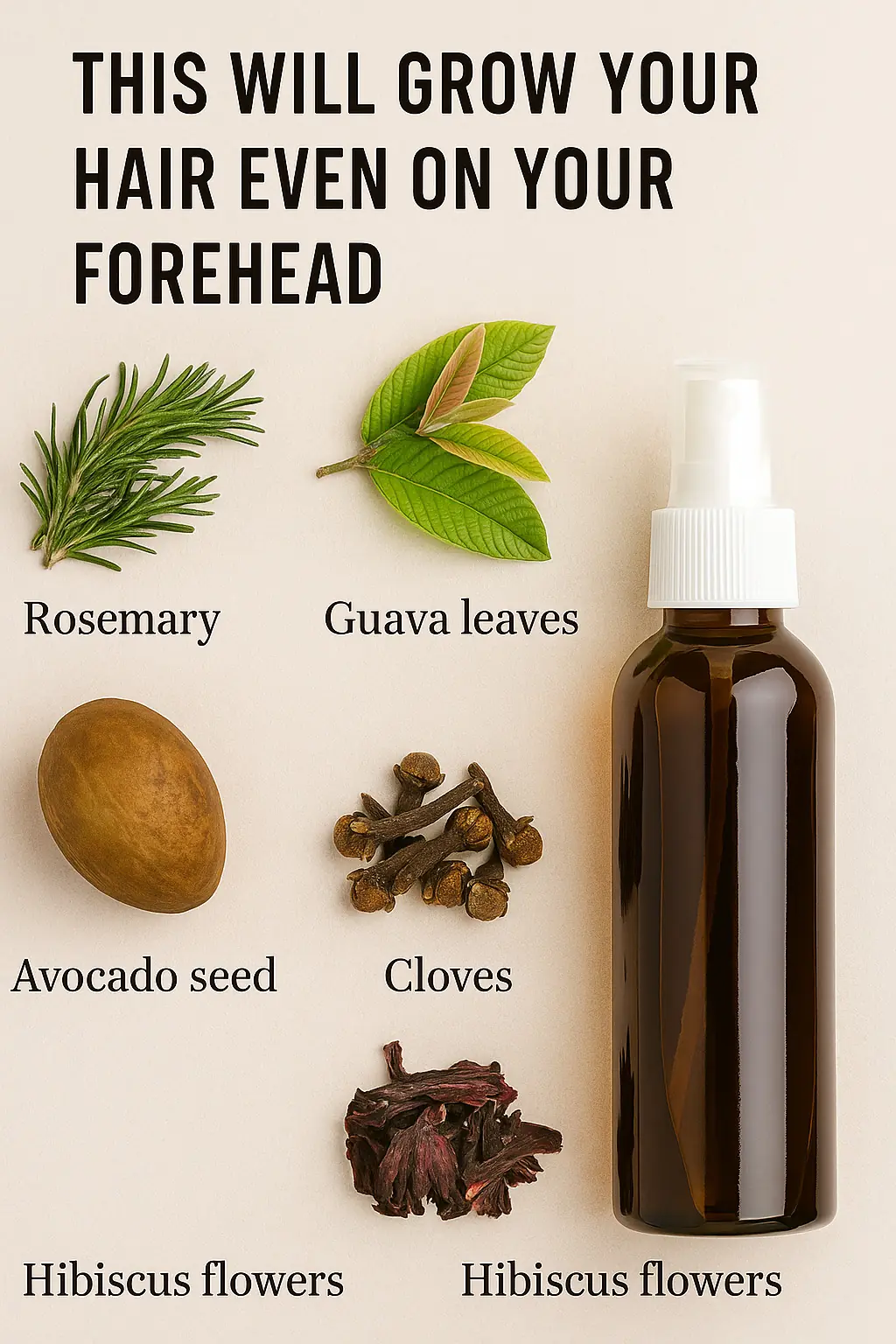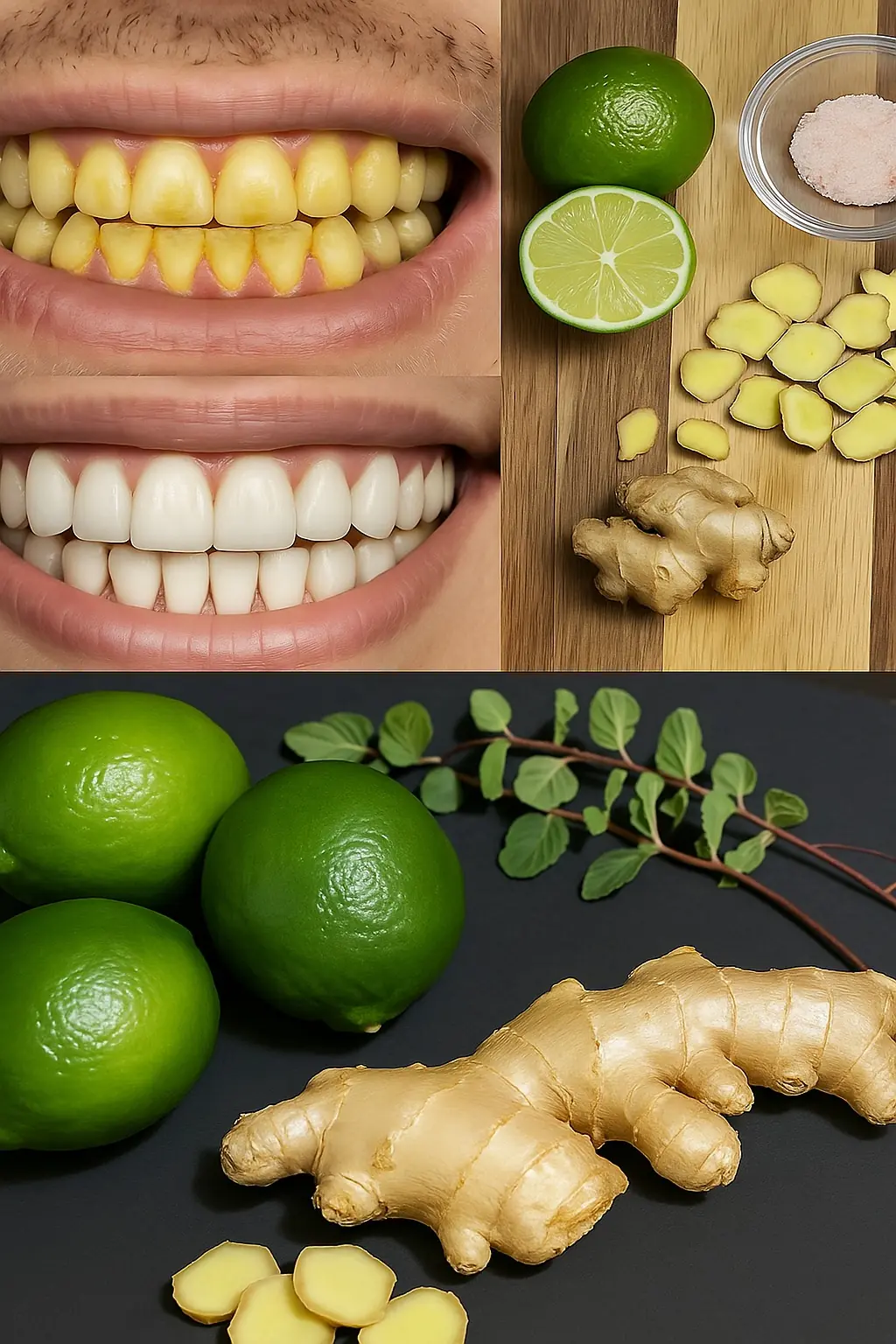Lung health is crucial for overall well-being, as our lungs are responsible for oxygenating our blood and expelling carbon dioxide. In today's world, factors such as pollution, smoking, and respiratory infections can compromise lung function. Herbal teas have been used for centuries as natural remedies to support respiratory health. These teas are not only soothing but also packed with beneficial compounds that can help maintain and improve lung function. In this article, we explore the best teas for lung health, highlighting their unique properties and benefits.
Herbal teas offer a range of benefits for respiratory health due to their anti-inflammatory, antioxidant, and antimicrobial properties. Many herbal teas contain compounds that can help reduce inflammation in the airways, clear mucus, and support the immune system. Additionally, the warmth and steam from a hot cup of tea can provide immediate relief from congestion and soothe irritated throat tissues. By incorporating herbal teas into your daily routine, you can support your lungs and enhance your overall respiratory health.
1. Calendula Tea: A Soothing Remedy for Inflammation
Calendula tea is made from the petals of the calendula flower, known for its anti-inflammatory and healing properties. This tea can help soothe inflamed tissues in the respiratory tract, making it beneficial for those with conditions like asthma or bronchitis. Calendula is also rich in antioxidants, which can protect lung cells from oxidative stress and damage.
2. Dandelion Root Tea: Detoxifying and Lung-Cleansing Properties
Dandelion root tea is renowned for its detoxifying effects, helping to cleanse the liver and lungs. It contains compounds that can aid in the removal of toxins and improve respiratory function. This tea is also a natural diuretic, which can help reduce fluid retention and improve lung capacity.
3. Peppermint Tea: Cooling Relief for Respiratory Congestion
Peppermint tea is a popular choice for relieving respiratory congestion due to its menthol content. Menthol acts as a natural decongestant, helping to open up the airways and ease breathing. Peppermint also has anti-inflammatory and antimicrobial properties, making it effective in reducing symptoms of colds and sinus infections.
4. Elderberry Tea: Immune-Boosting and Respiratory Support
Elderberry tea is made from the berries of the elder tree and is known for its immune-boosting properties. Rich in vitamins A and C, elderberry tea can help strengthen the immune system and reduce the severity of respiratory infections. Its antiviral properties make it particularly useful during cold and flu season.
5. Ginger Tea: Anti-Inflammatory and Mucus-Clearing Benefits
Ginger tea is a powerful anti-inflammatory agent that can help reduce inflammation in the respiratory tract. It also has expectorant properties, which aid in clearing mucus and phlegm from the lungs. Ginger's warming effect can soothe a sore throat and provide relief from coughing.
6. Licorice Root Tea: Soothing and Protective for Lung Tissue
Licorice root tea is known for its soothing effects on the respiratory system. It contains glycyrrhizin, a compound that can help protect lung tissue and reduce inflammation. Licorice root also acts as a natural expectorant, helping to clear mucus and improve breathing.
7. Thyme Tea: Antimicrobial and Respiratory Function Enhancement
Thyme tea is rich in thymol, a compound with strong antimicrobial properties. This makes it effective in fighting respiratory infections and supporting lung health. Thyme tea can also help relax the muscles of the respiratory tract, improving airflow and reducing symptoms of asthma and bronchitis.
8. Mullein Tea: Traditional Use for Lung Health and Cough Relief
Mullein tea has been used for centuries as a remedy for respiratory ailments. It is known for its ability to soothe the respiratory tract and relieve coughs. Mullein contains saponins, which help loosen mucus and clear congestion, making it an effective choice for those with chronic respiratory conditions.
9. Green Tea: Antioxidant-Rich and Lung-Protective Effects
Green tea is packed with antioxidants, particularly catechins, which have been shown to protect lung tissue from damage. Regular consumption of green tea can help reduce the risk of developing respiratory diseases and improve overall lung function. Its anti-inflammatory properties also contribute to its lung-protective effects.
10. Eucalyptus Tea: Respiratory Relief and Decongestant Properties
Eucalyptus tea is made from the leaves of the eucalyptus tree and is well-known for its decongestant properties. The active compound, eucalyptol, helps open up the airways and reduce congestion. Eucalyptus tea also has antimicrobial effects, making it useful for treating respiratory infections and soothing sore throats.
Conclusion: Choosing the Right Tea for Your Lung Health
When choosing a tea for lung health, consider your specific needs and symptoms. Each tea offers unique benefits, from reducing inflammation and clearing mucus to boosting the immune system and protecting lung tissue. Incorporating a variety of these teas into your routine can provide comprehensive support for your respiratory health. Always consult with a healthcare professional before starting any new herbal regimen, especially if you have existing health conditions or are taking medication.

